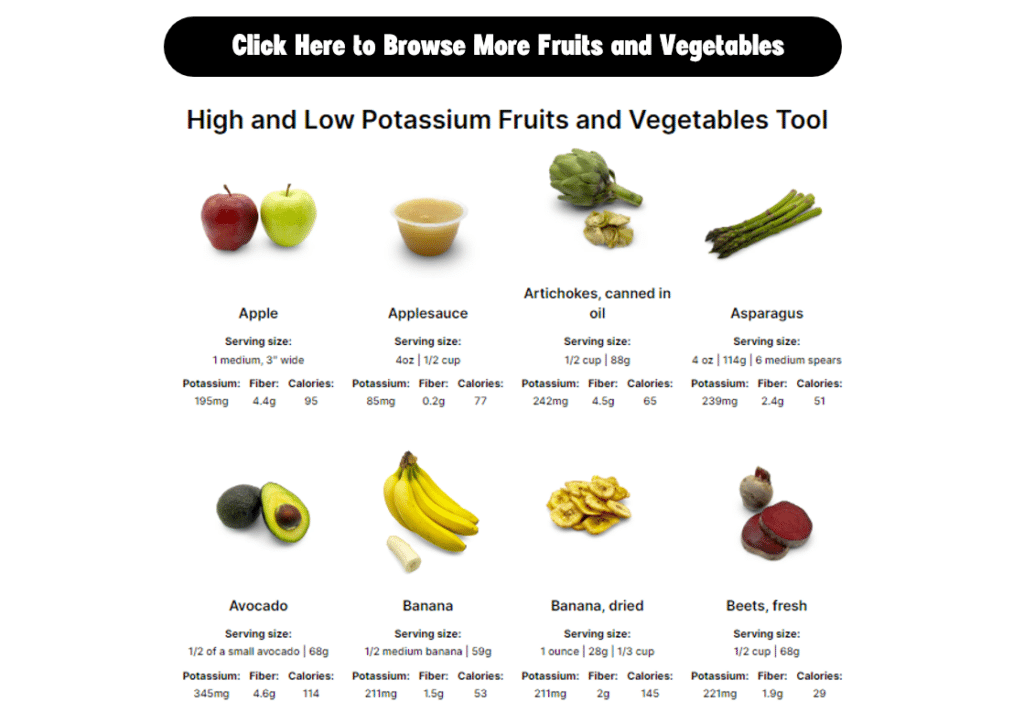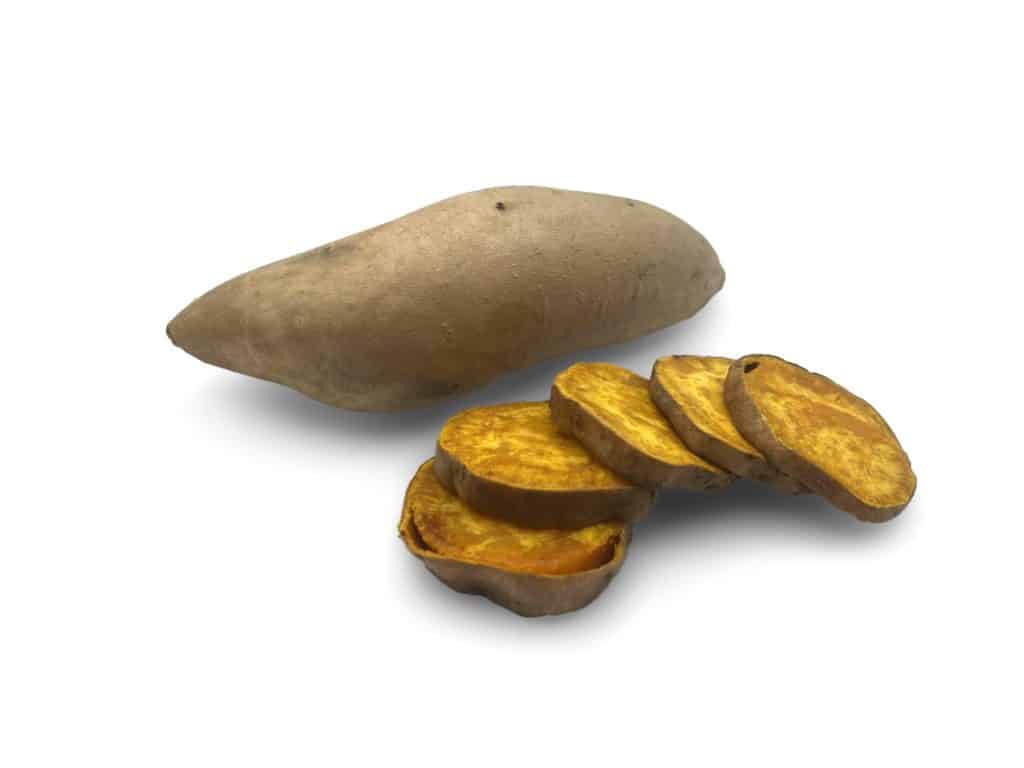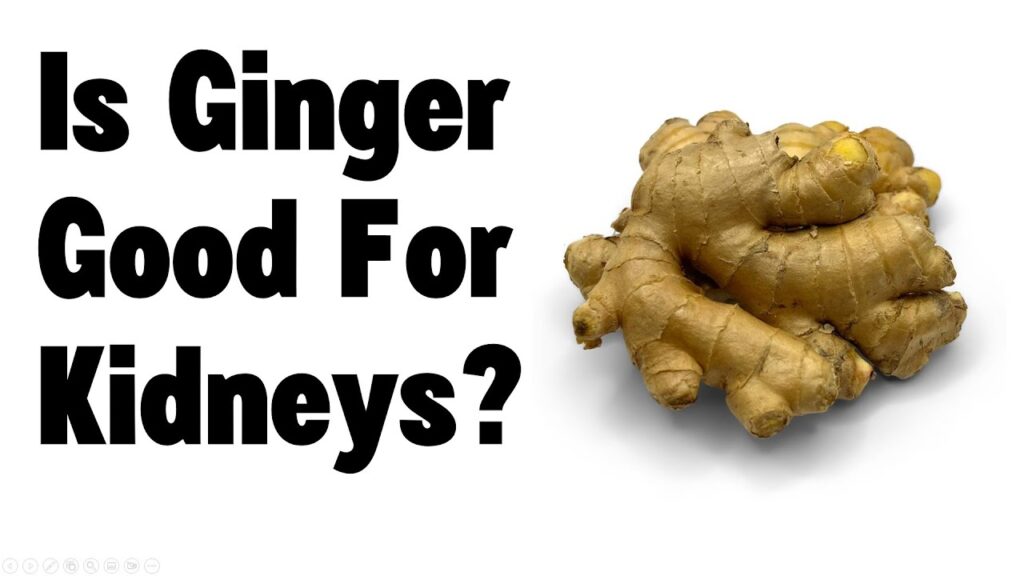Table of Contents
Yes, peaches contain antioxidants, fiber, and vitamins that are beneficial to people with kidney disease.
This post may contain affiliate links through which we may earn a small commission to help keep this website free.
Are peaches high in oxalates?
No, peaches are considered a low oxalate food (Source)
Are peaches high in potassium?
One half cup of peaches contains 146mg of potassium making it a low potassium fruit. However, a whole peach contains 285mg of potassium, which would make it a high potassium fruit if consumed in that quantity. If you are on a potassium restriction, then you should be mindful of your portion size of peaches.
If you have kidney disease, you should not restrict your intake of fruits and vegetables because of potassium content unless instructed by your kidney dietitian or healthcare provider. Many people who have kidney disease do not need to restrict their intake of potassium. There are many other factors that could cause you to have high potassium levels that are not related to the food you eat. You can learn more about potassium and kidney disease through our low cost course.
Are peaches high in phosphorus?
No. One half cup of peaches contains about 15mg of phosphorus. The phosphorus found in peaches is natural and poorly absorbed by the body, so it is considered a low phosphorus food.
What are the benefits of peaches?
- Peaches contain vitamins and antioxidants. Antioxidants consumed through fruits and vegetables are considered to have protective effects against many chronic diseases.
- Research shows that a low intake of fruits and vegetables is associated with an increased risk of developing kidney failure in people with kidney disease (as well as those who don’t have kidney disease.
High and Low Potassium Fruit and Vegetable Tool
Looking for more information on other kidney friendly fruits and vegetables? Check out our Fruit and Vegetable Potassium Tool.



